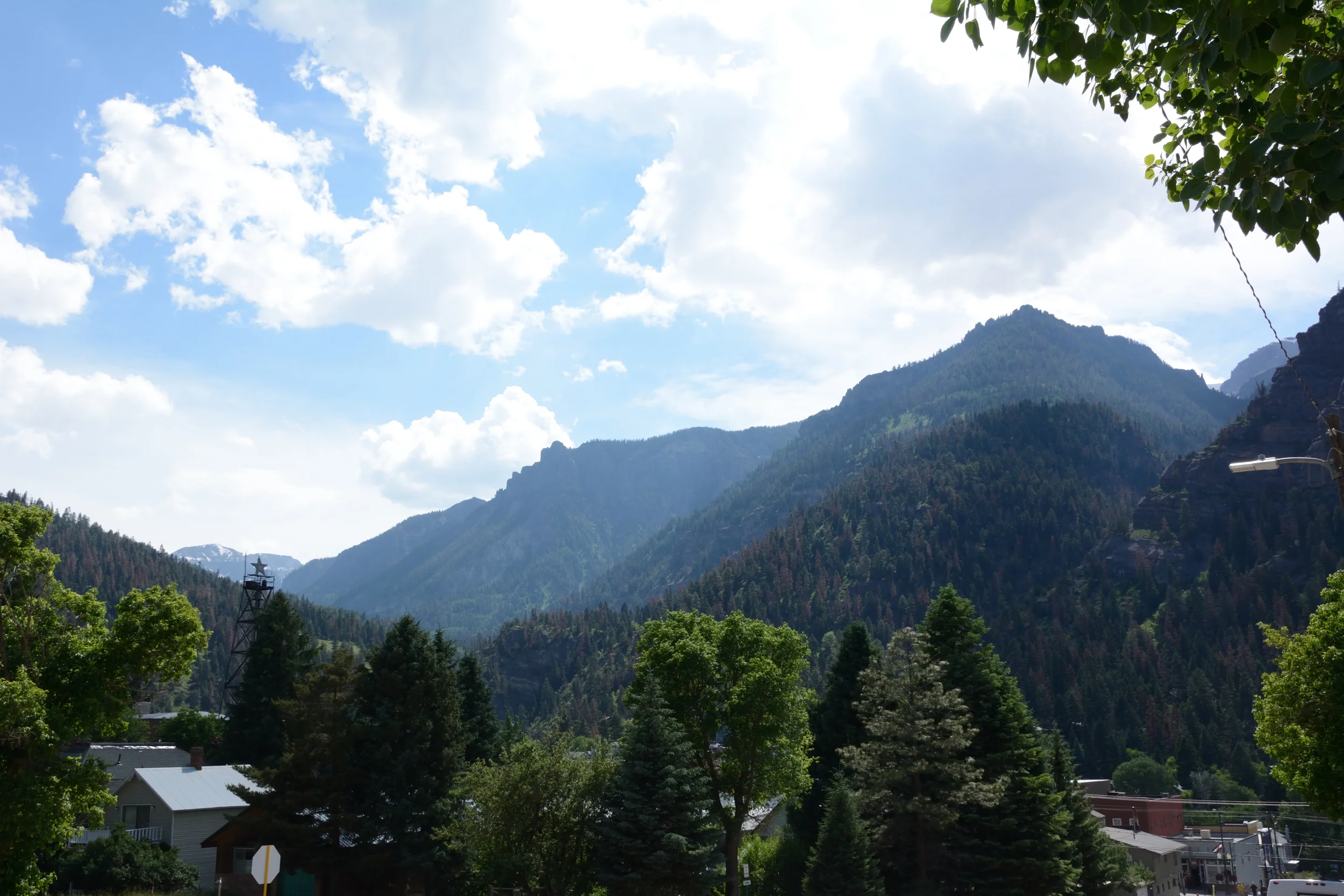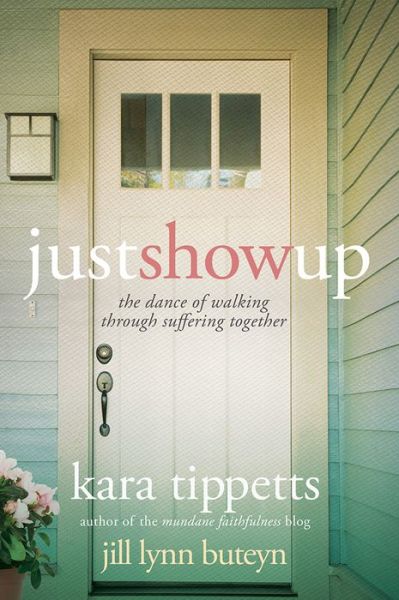For A, C, & L…
Several months after Kara died, I noticed Jason had taken off his wedding ring. I felt like the wind had been knocked out of me; I took a deep breath and casually asked him about it. [Note: he says I casually asked; I felt like I was about to hyperventilate asking about something so personal and intimate. I’m pretty sure my voice was cracking with nerves.]
Yeah, you know, I just felt like it was time. One day in the bathroom, I simply slid it off. He graciously went on to explain his thoughts to me. As I processed the absence of his ring in the weeks to come, I reminded myself that as he says, he is no longer married; his identity has changed, and he has been grieving as a widower—a single person.
He has continued to share some of his processing as time passes, and I am as fascinated as he is to learn more about what it means to function in community as a single person several years and a few kids later—how challenging it is to find where you fit in and how to be known and where to get your relational needs met. While Jason and Kara got married young, I got married a bit later in life and wrestled with some of these questions in the meantime.
Looking back at my single days, I see how I took advantage of being single by taking career risks, moving across the country, trying crazy things, adopting a pet or two, flying to see family on a whim. But I also took advantage to not commit, to wander in and out of church unnoticed, to not invest in people past a certain point of comfort, to get out of relationships when I felt tired, and to avoid being truly known.
Then I ended up at a church where I met the coolest, smartest, boldest, most grace-filled Christian single women I had ever encountered. They made theological jokes, asked provocative questions about what the Bible taught, and laughed heartily together. But more than that, they did life together. They knew each other inside out and they didn’t shrink back when times got tough. It was the first time I felt that maybe I could actually put down roots and be a part of a community, even as a single. Especially as a single.
These women embraced me immediately as a part of their community; in fact, I remember several occasions being uncomfortable with their assumption that I was all in—they asked super personal questions and reached out when I was trying to withdraw. But I learned they weren’t being obnoxious (on purpose)—they were pursuing me with grace. So much of what I understand about living in community comes from these women and how well they did life together.
1. There is an urgency to building community. We don’t have all the time in the world. Most of us needed community yesterday! When I showed up at that church and that group of women included me in their circle, I had just moved across the country. I was hurting, alone, and, although I wouldn’t have admitted it, scared. I needed people willing to do life with me asap. And that urgency hasn’t gone away now that I’m married; my husband and I have the same need for people willing to walk with us through life.
2. We were designed for relationship. I think I always thought that I couldn’t be relationally satisfied unless I was married, but these women taught me otherwise; being pursued, encouraged, cared for could happen outside of marriage, and it brings great satisfaction and delight. Yes, we are also designed for marriage, but a married couple can’t thrive in isolation any more than a single person. We all need friends, confidants, encouragers.
3. Each of us is needed. The longer I was single and the longer I chose to live in isolation, the less sure of myself I became—the fewer people I had in my life to remind me of who I was in God’s eyes. I already struggled to be vulnerable, and withdrawing from others didn’t help. When I was drawn into this new community, I felt overwhelmed by the giftedness of the other women and like I had nothing to offer. Yet over time, as I learned to take risks and attempted to carve out a place for myself, I realized that I do have gifts that can be an encouragement to others. My community helped draw those qualities out and put them to use. We all have giftings that are intended by God to bless those around us.
4. God created us to be known and loved. Sometimes I dream about the Garden of Eden and what it was like before The Fall. Adam and Eve and God walking together. Adam and Eve knew each other perfectly and loved each other perfectly. Of course, God knows and loves us perfectly today, but how many people do we know intimately and love unconditionally? This community of women made it their business to know me and learn how to love me. I was no longer overlooked but seen and known and accepted.
5. Living in community takes work. Hard work. And a lot of grace. This is something Jason talks about—how intentional he has to be about living in community, because as a single person now, he can more easily withdraw. I saw it with my friends, too—the effort and grace it takes to reach out, the emotional energy required for pouring into others, the courage needed for being vulnerable, the dependence on God it takes to move forward in any risk. Living in community is scary and risky and can’t be done without grace.
I remember that season in community with those women fondly; I am who I am today because of their willingness to love me and include me and do life alongside me. Because of their grace in pursuing me, I know it is worth the risk to pursue new people and be vulnerable. And thanks to their model of friendship, I was able to walk terminal illness with my dear friend last year, have these hard conversations with her widower now, and figure out how to move forward together in building community with others.
If you are single, have you experienced this kind of community/family with others? Why or why not? Are there other singles you could pursue who would be interested in living out community with you? If you are married, who are the singles that you could learn from? How can you reach out to include singles nearby, loving them and learning from them?




